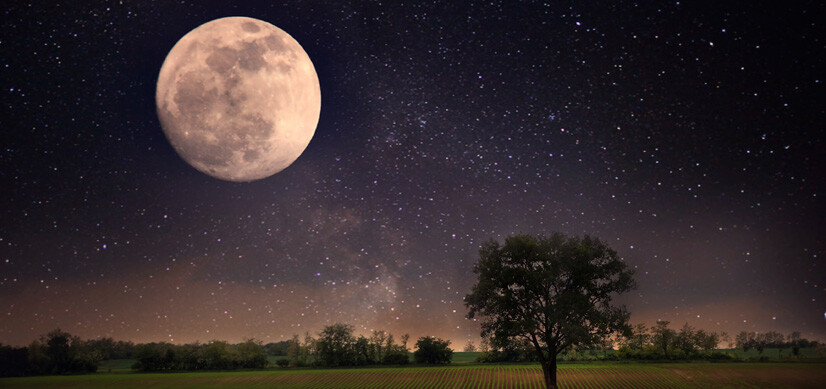 From the DukeHealth.org archives. Content may be out of date.
From the DukeHealth.org archives. Content may be out of date.
Myth or Fact: More Women Go into Labor During a Full Moon

From high tides to bouts of insomnia to good luck, a full moon has been said to cause a wide range of things. Does the waxing moon also bring babies?
Over the years, many researchers have sought to determine whether more babies are born during full moons than at other times of the month -- often with contradictory or inconclusive results. Duke’s R. Phillips Heine, MD, and Amy MacDonald, CNM, MSN, say this particular bit of folklore is a myth, in their opinion.
Dr. Heine, a maternal-fetal medicine specialist, is quick to dispute any connection between the phases of the moon and the onset of labor. "People have thought a full moon is responsible for many things -- bad or good -- through time. So when babies were born in a full moon, it naturally became the reason, rather than just the normal time," says Dr. Heine.
MacDonald, director of Duke Midwifery Services, agrees, adding that the reason this myth has persisted for so long is likely because of strong cultural ties. "There are lots of belief systems and cultures around the world linking the cycle of the moon and women’s fertility," she says.
While the growing moon may not hasten the arrival of that little bundle of joy, an incoming storm might, adds MacDonald. "More women do go into labor with a change in barometric pressure," she says.
For women waiting in anticipation for contractions to start -- and seeing no storm clouds on the horizon -- Dr. Heine offers this simple, age-old advice: "Be patient -- in this day and age of ultrasound for dating, very few women will go past 41 weeks, so just be patient."



